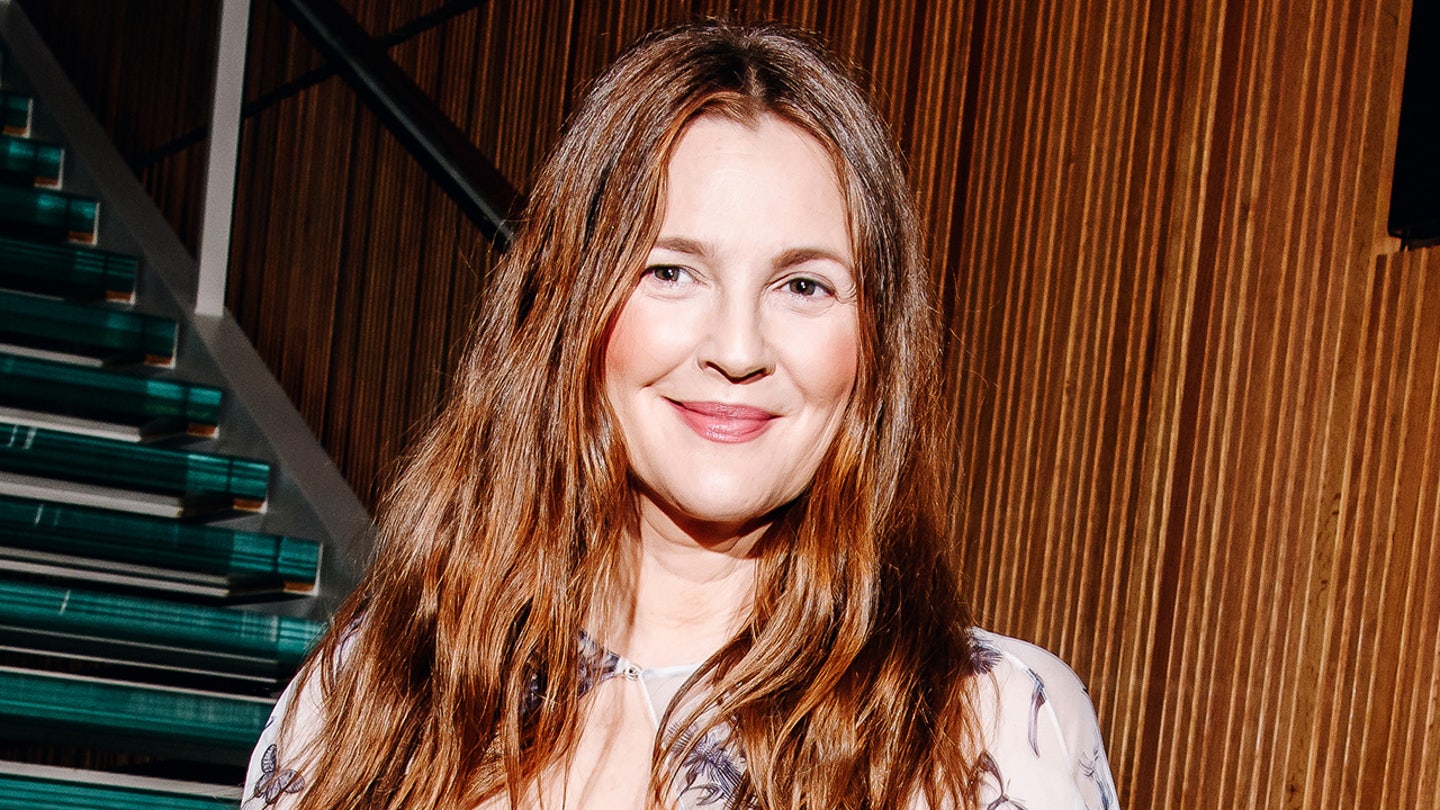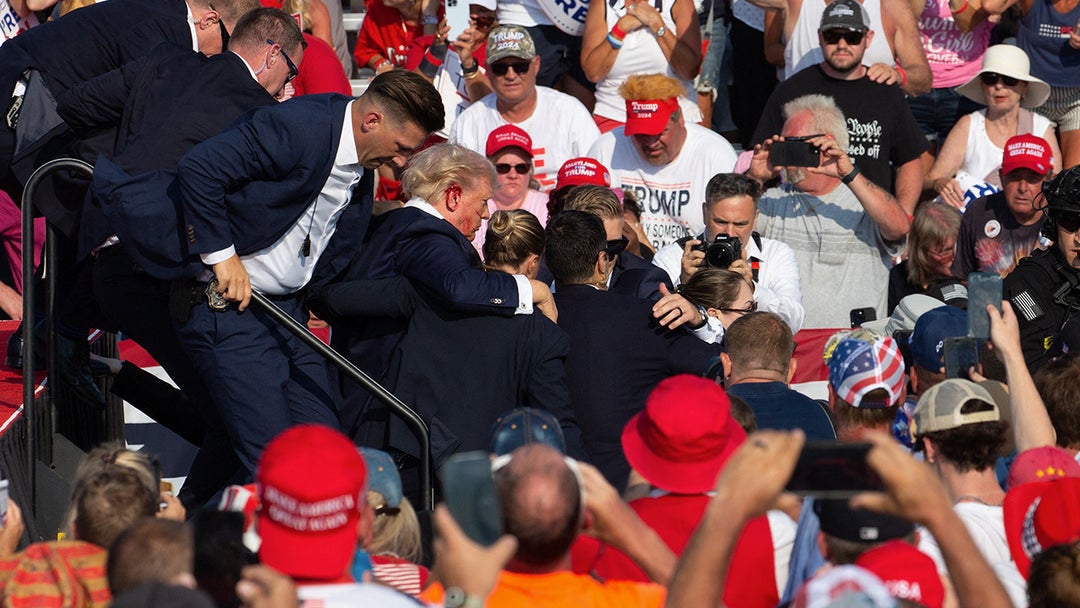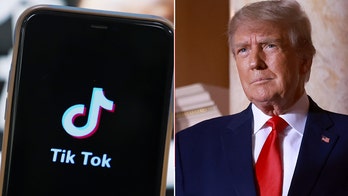Former Speaker of the House Newt Gingrich discusses the low approval ratings of Vice President Kamala Harris, while New York Times columnist Charles Blow criticizes Drew Barrymore for using a racially insensitive term during an interview with Harris.

New York Times columnist Charles Blow has sparked a debate over the treatment of Vice President Kamala Harris in the media, particularly following her recent interview with talk show host Drew Barrymore.
In the interview, Barrymore referred to Harris as "Momala," a nickname given to her by her stepchildren. While Blow acknowledged that Barrymore likely meant no harm, he argued that the comment was rooted in harmful stereotypes about Black women.

Blow pointed out that Black women often face stereotypes of being the "mammy," the caretaker, and the nurturer. He argued that Harris, even when sharing anecdotes from her private life, deserved a separation between that and her political obligations.
"That she would be called upon to comfort and nurture the country, rather than dutifully represent it, is demeaning and holds Black women captive to historical mythologies," Blow wrote.

Former Speaker of the House Newt Gingrich echoed these sentiments, discussing the low approval ratings of Vice President Harris on 'Jesse Watters Primetime.' He attributed her unpopularity to a combination of factors, including her handling of the border crisis and the perception that she is out of touch with the concerns of ordinary Americans.
Blow's criticism of Barrymore's comments has sparked a broader discussion about the appropriate language and behavior towards Black female politicians. Some have argued that Barrymore's use of the term "Momala" was harmless and that she was simply showing admiration for Harris.

Others, however, have pointed out that even seemingly innocuous language can perpetuate harmful stereotypes. They argue that it is important to be aware of the historical context and societal implications of the words we use.
Barrymore has not responded directly to the criticism, but she has previously expressed her support for Harris and her work as Vice President.
In the interview with Barrymore, Harris addressed the challenges she has faced as the first female Vice President. She spoke about the importance of not letting "anybody take your power" and being intentional in understanding "what is in your power."
Harris also discussed the criticism she has received for her laugh, saying that she would never be the person to tone it down. She emphasized the importance of being oneself and not conforming to others' perceptions.
Despite the criticism, Harris remains a polarizing figure. Her supporters praise her for her intelligence, her commitment to social justice, and her role as a role model for women and girls. Her detractors criticize her for her policy positions, her handling of various issues, and her perceived lack of experience.
The debate over Kamala Harris' popularity is likely to continue as she continues to serve as Vice President. It remains to be seen how she will address the challenges she faces and whether she can improve her approval ratings among the American public.










